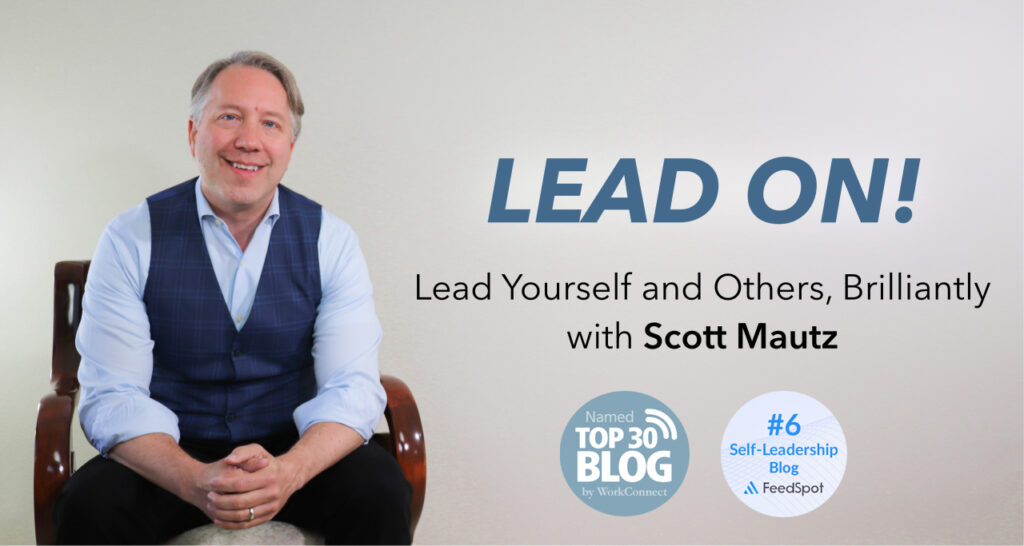
INSIGHTS (on leadership/self-leadership)
With so much pressure and so many distractions in today’s world, it’s can be very difficult to develop a true understanding of others, especially someone you work with. But a magic, open-ended question (one that went viral), can change that.
Third-grade teacher Kyle Schwartz wrote one question on a chalkboard, asking her kids to answer:
“I wish my teacher knew…”
Many of the responses stunned her:
“I wish my teacher knew that I’m smarter than she thinks I am”
“I wish my teacher knew that my family and I live in a shelter”
“I wish my teacher knew my dad works two jobs and I don’t see him much”
Schwartz shared many of the heartbreaking and heartwarming, mind-opening and eye-opening statements on Twitter (now X) – and a viral sensation was born. Teachers around the world embraced the question, asking it of their own students and prompting the call-to-action #IWishMyTeacherKnew.
The question is just as powerful in a work world (and adult life) context. What would happen if you asked your employees to complete the sentence “I wish my boss knew…”? (or if you asked co-workers, “I wish my peer knew…”)
I’d wager the answers would be equally eye-opening, and would be an entry point to learn more about that person (and vice versa). In other words, the foundation of a strengthened relationship. It would be the start of building a deeper sense of community and helping each other feel safe and valued.
Granted, trust would have to be present before you’d get such poignant answers. These aren’t innocent-eyed and brutally truthful third-grade students we’re talking about here, after all.
But thinking and caring enough to ask the question in the first place can build trust in and of itself.
IMPERFECTIONS (a mistake I’ve made)
We all know about the importance of pushing ourselves to grow, and might even feel guilty at times because, well, we aren’t. Which is understandable because the thought can be exhausting at times, and easy to bypass as we focus on the realities of the life in front of us. I made this mistake for many years in my corporate life, consistently deprioritizing learning and growth opportunities for the crisis of the moment. But here’s a trick to avoid what I fell into, to spark the drive for personal growth once again.
Seek conscious growth (becoming who you are) versus growth for the sake of it.
The latter is honing skills; the former is a homecoming. View the process of pursuing growth as a critical step in the journey of becoming who you really are, what you were meant to be. We’d all like more time for skill building. But we simply must make time for becoming the best possible version of ourselves. Not to do so is a travesty, not a mere sidetrack. So, raise the stakes of your personal learning and growth journey by setting a goal of conscious growth.
IMPLEMENTATION (one research-backed strategy, tip, or tool)
Want to be a better, more effective manager? Follow “The Enable Table,” a collection of guiding principles for better enabling your team (in the form of a simple table to copy and keep handy):





Leave a Reply